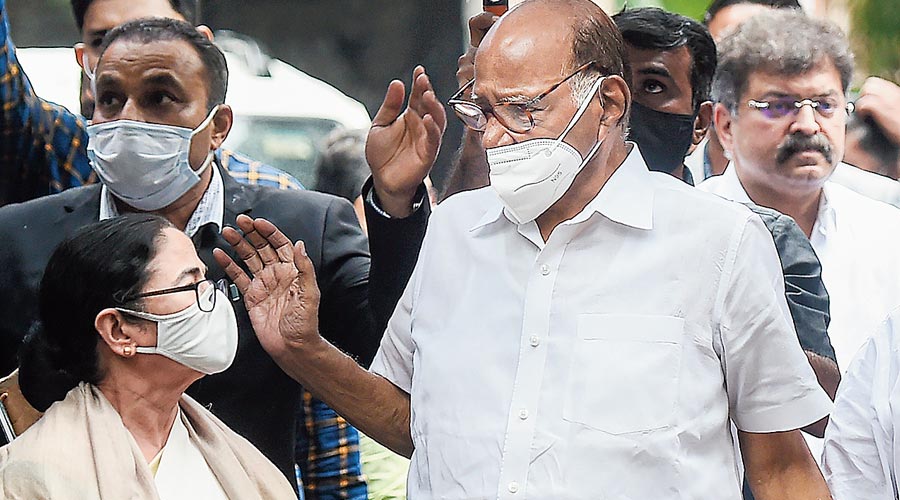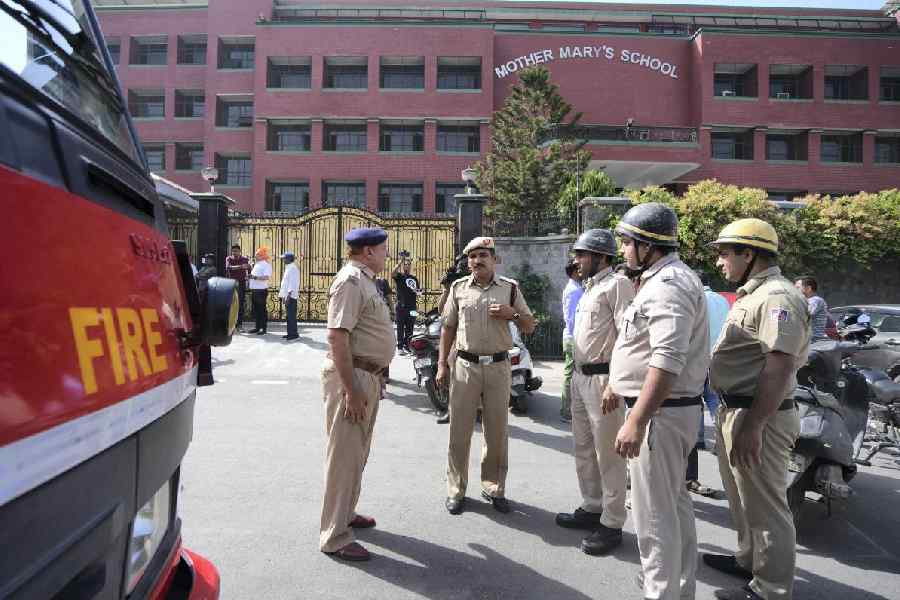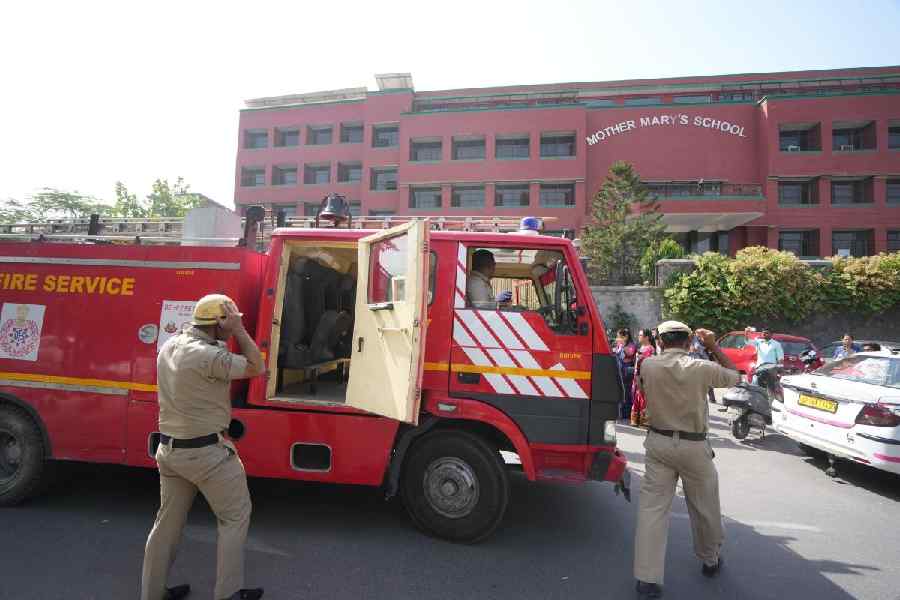The end seems clear. But the same cannot be said of the means. Mamata Banerjee has declared that she wants to build a strong alternative to fight an authoritarian Bharatiya Janata Party. But it is her second statement, made at the end of her meeting with Sharad Pawar in Mumbai — she hinted that the United Progressive Alliance is no longer in existence — that has led to renewed speculation about her modus operandi. Ms Banerjee, chasing the dream of a deeper imprint on the political turf, has repeatedly alleged that the Congress is not in a position to take the battle to the BJP. Indeed, the Congress, given the prevailing muddle over its leadership as well as the inertia to root out defection and in-fighting, has cut a sorry figure for itself. Ms Banerjee’s eagerness to fill the space being ceded by the Congress is understandable. However, it is not as if the Trinamul Congress is free of challenges. In spite of its ambitions to spread wings, there are doubts whether the fledgling regional party has the organizational strength to match its vision of occupying a larger political space. Even in tiny Tripura, the recent results of an albeit contested civic polls revealed the pit-falls of the failure to devise a larger, united front against the BJP. What is certain, however, is that the TMC’s wilful distancing from the Congress would impair the Opposition’s attempt to dislodge the BJP from power in 2024. Perception, mediated through an opiniated —prejudiced? — media, is often decisive in influencing electoral choice. The growing animosity between the Congress and the TMC would adversely affect unity within the Opposition, thereby raising questions about its credibility, cohesion and durability. The BJP has always projected — and usually succeeded in highlighting — these differences in its opponents as a sign of weakness and greed.
Ms Banerjee’s dismissal of the UPA is ironic on another count. The coalition was an inspiring example of political cooperation that was made possible by its constituents setting aside their political differences and even ideology to come together for national good. It must be remembered that traditional rivals such as the Left and the Congress supped at the same table during UPA-I years. That sense of bonhomie and trust must be rekindled if the Opposition has any hopes of challenging a deeply-entrenched BJP. The UPA retains its importance as a political and ideological project.










